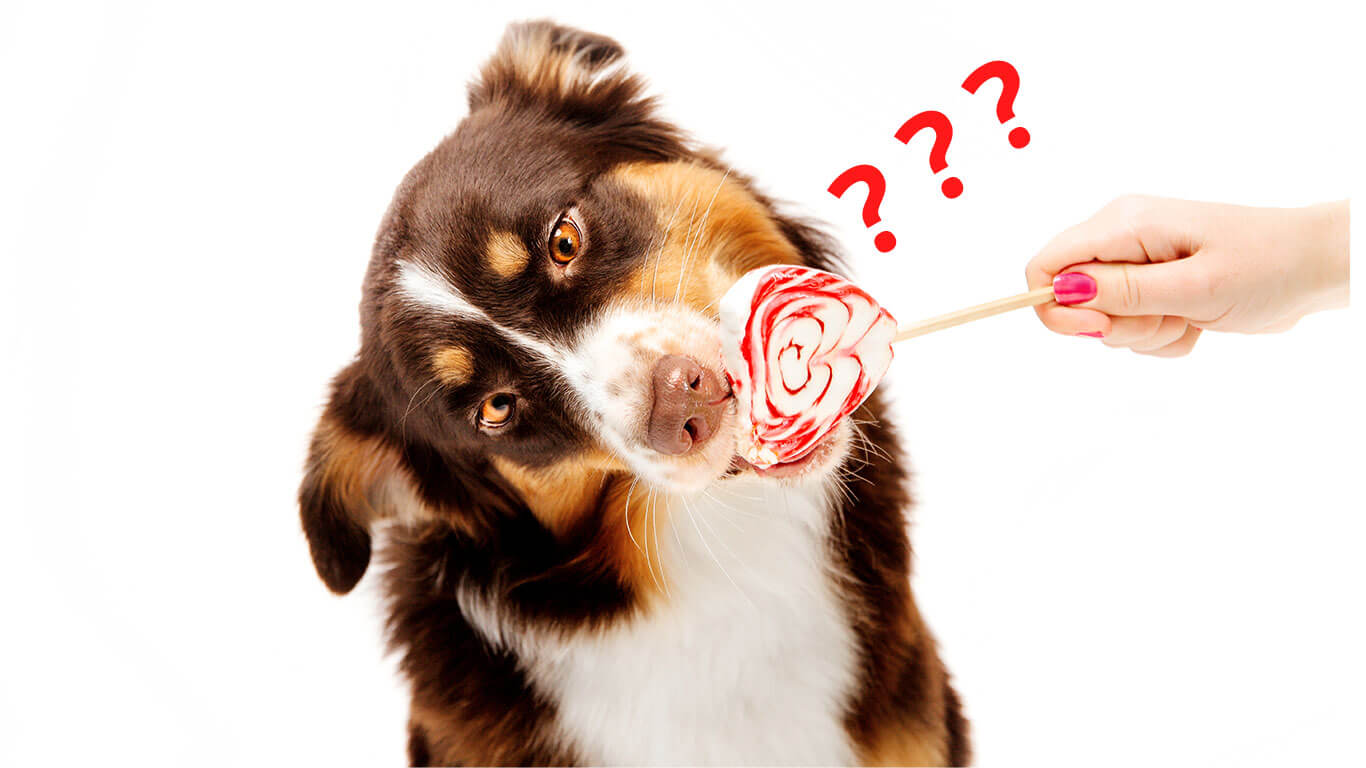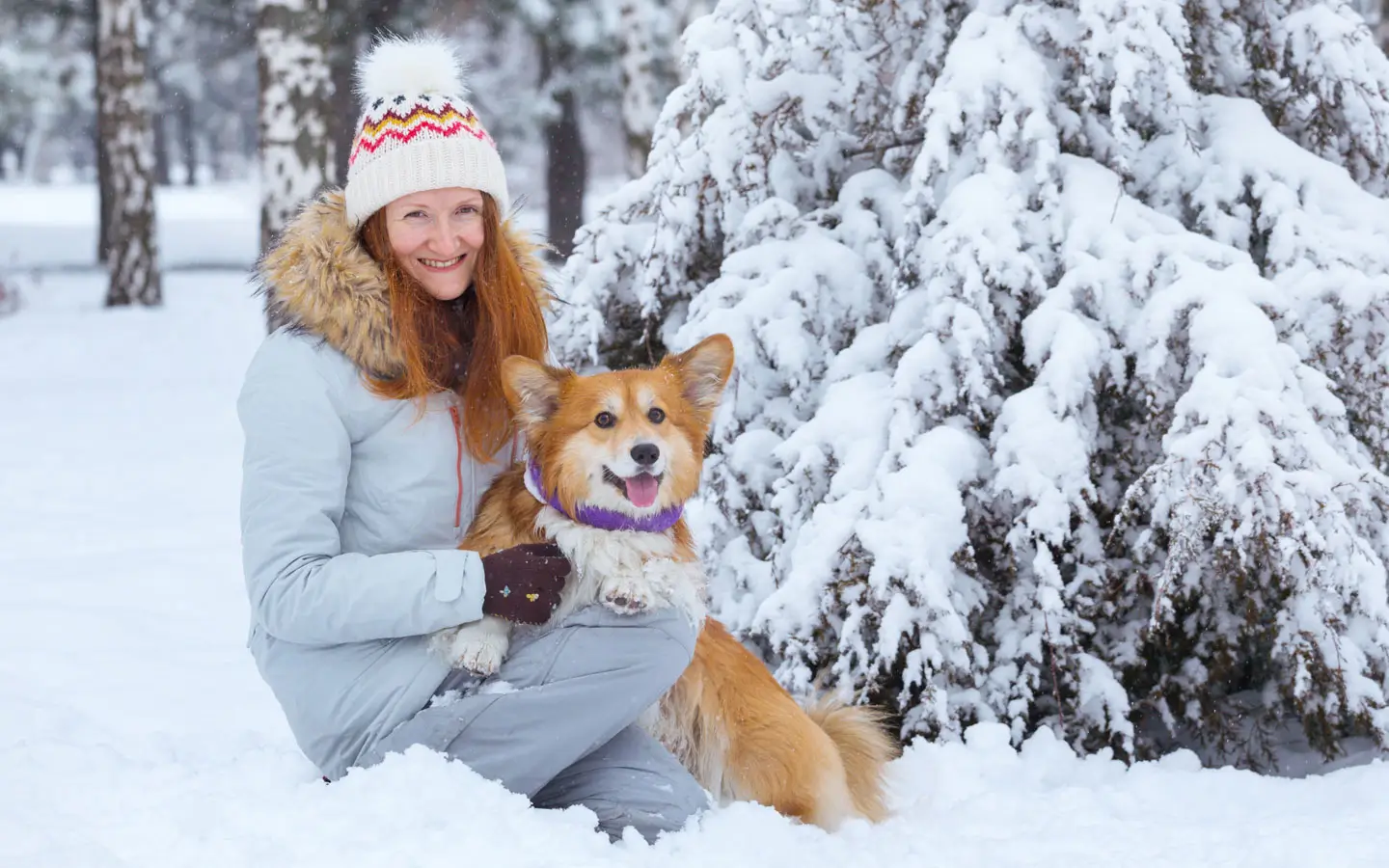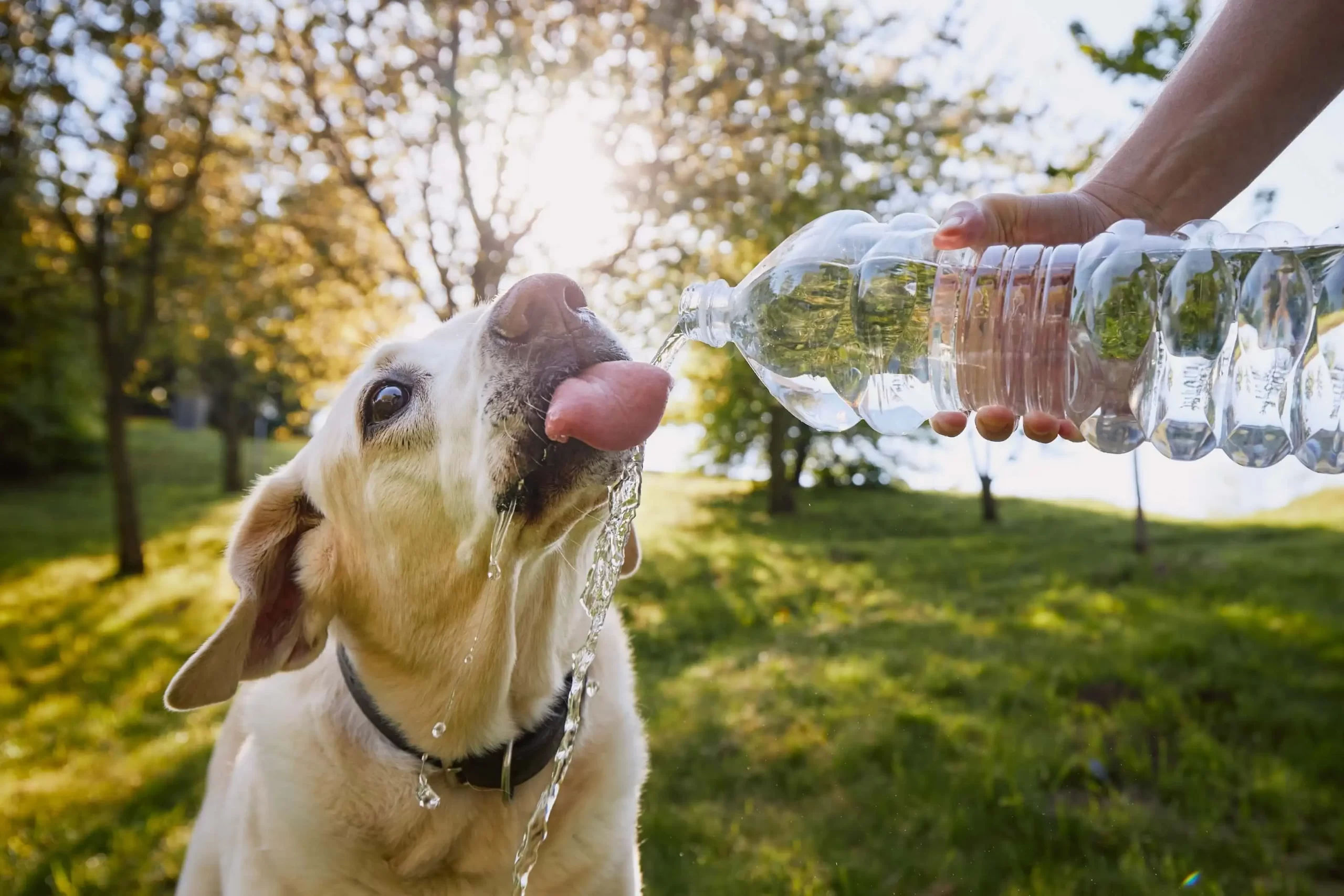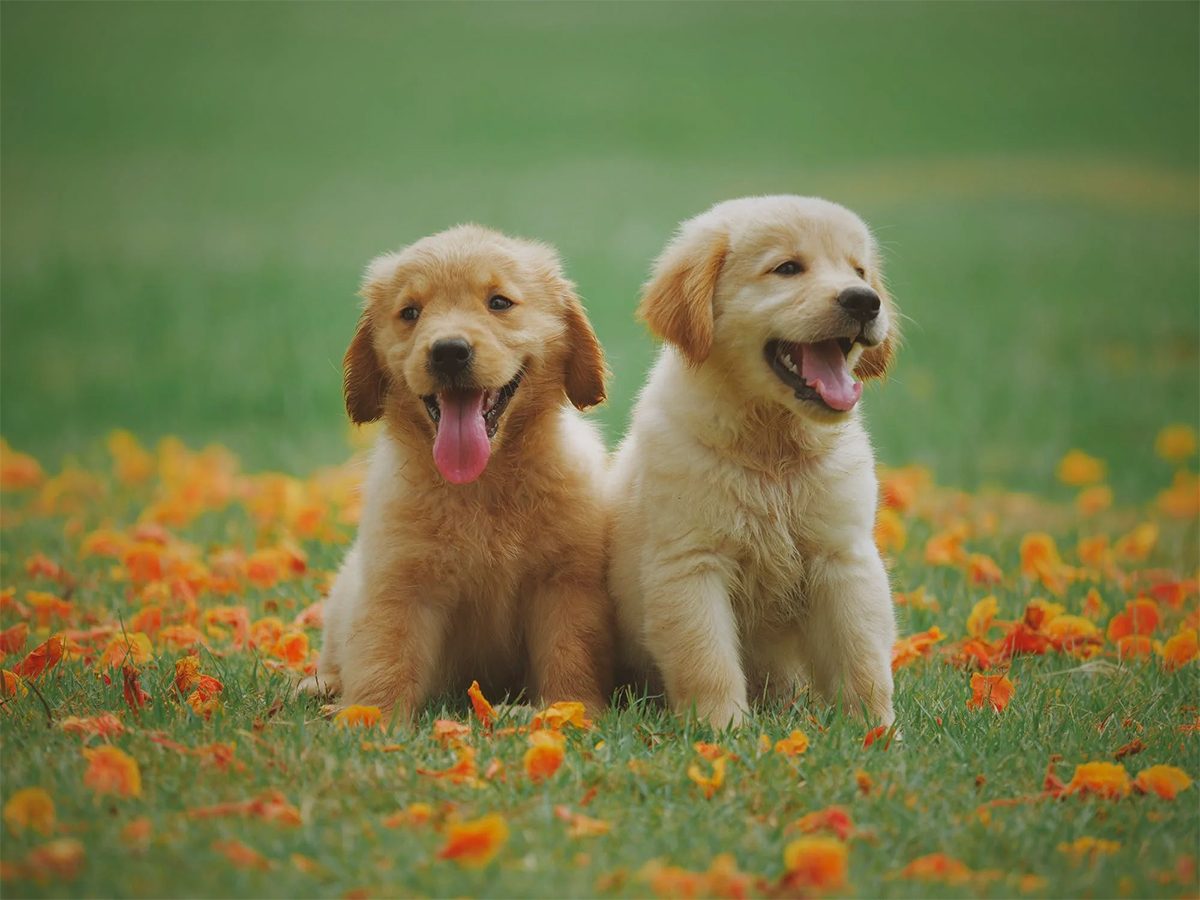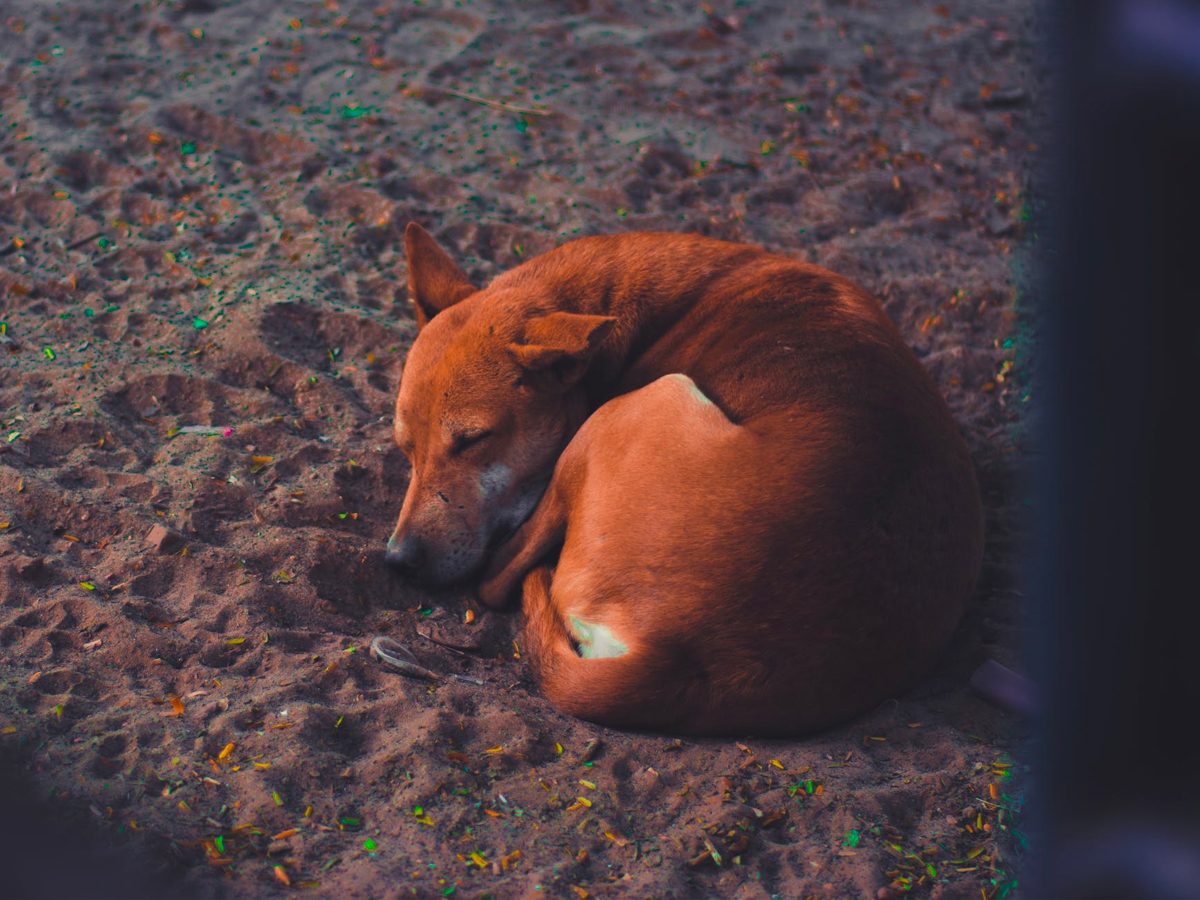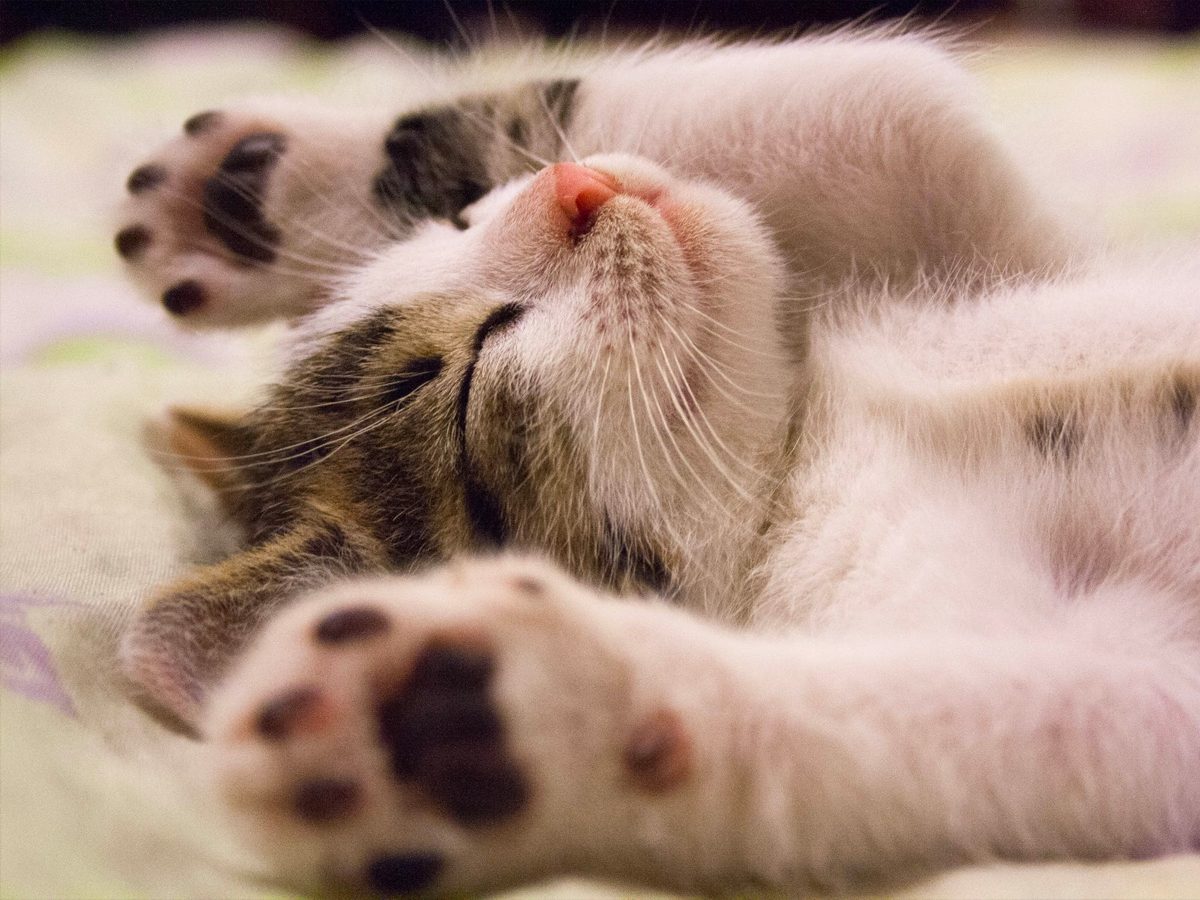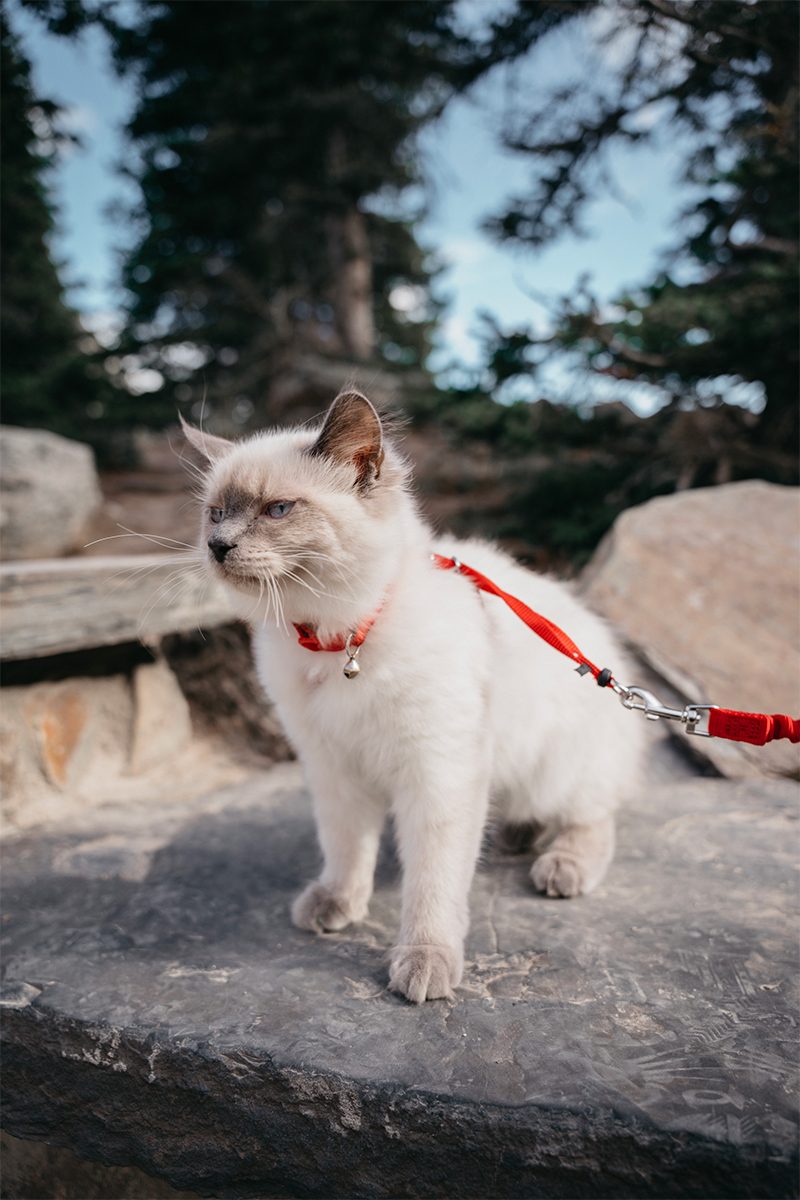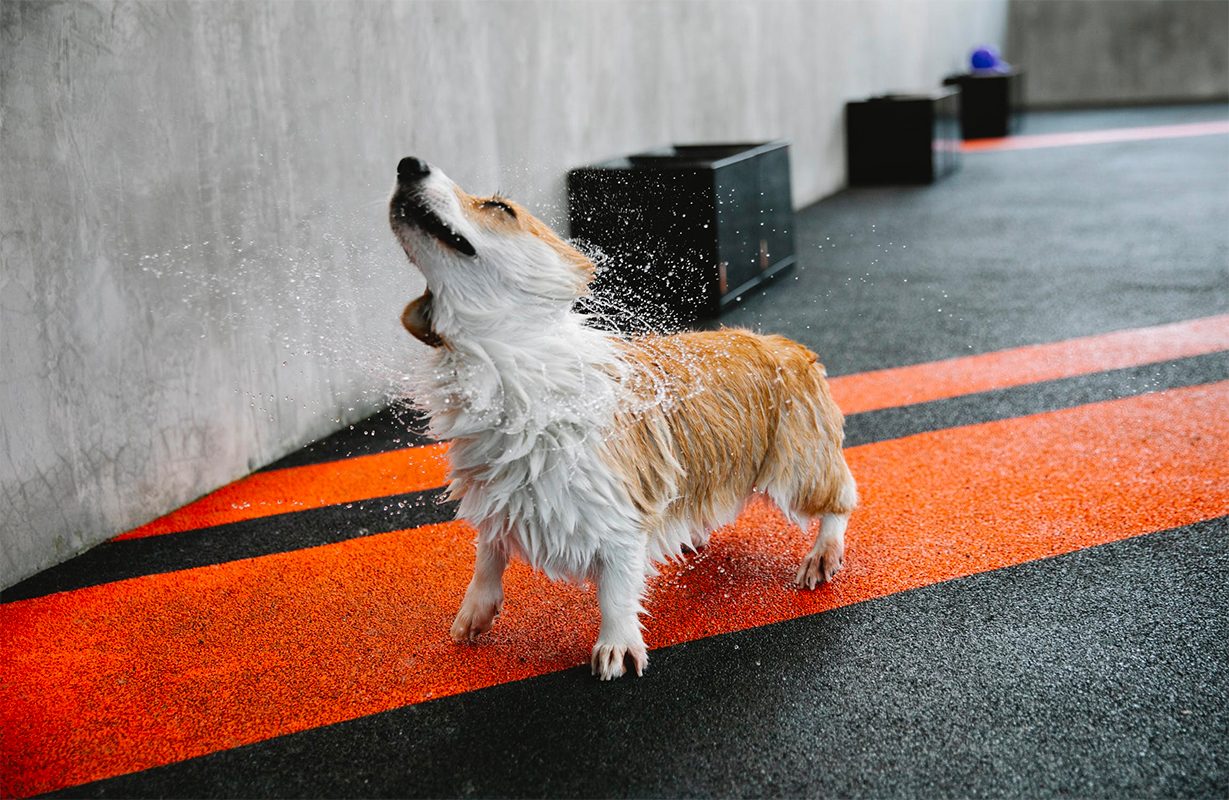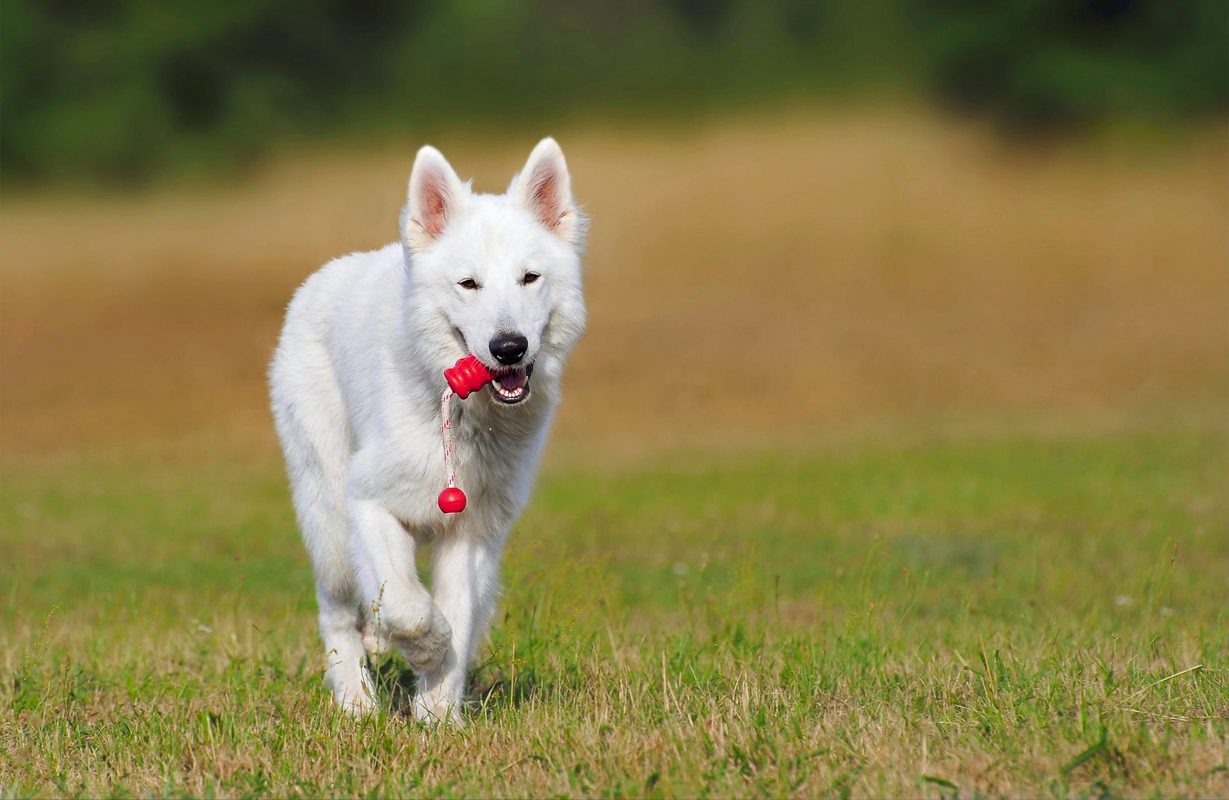Pets are cherished members of our families, can be unknowingly exposed to hazards in our homes. From toxic foods like chocolate, grapes, and onions to household items such as cleaning supplies and plants, the risks are real. Even seemingly harmless products like laundry detergent pods can pose a threat.
This article sheds light on common dangers and emphasizes prevention. Knowing what can harm your pets, securing hazardous items, and supervising their environment are crucial. Stay informed, take precautions, and, if needed, contact your vet promptly. Protecting your furry friends is a responsibility filled with love and vigilance.
Stay informed, stay cautious—because our pets deserve nothing less than a hazard-free home.
FOOD
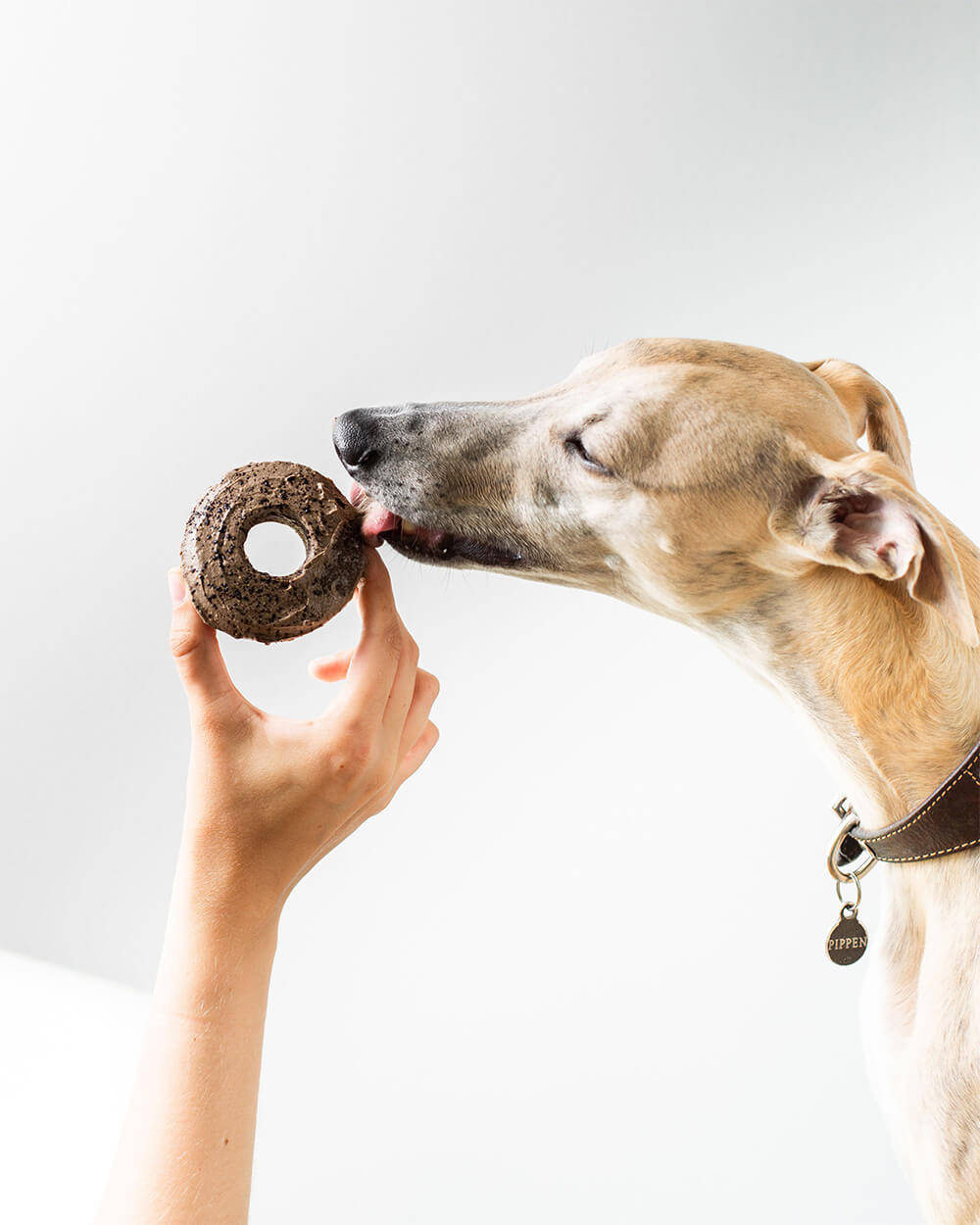
- Chocolate is toxic for dogs and cats. The darker the chocolate, the more toxic it is.
- Grapes, raisins, onion, garlic, and leeks are also toxic.
- These foods can cause vomiting, diarrhea, seizures, kidney failure, and potentially death.
CLEANING SUPPLIES
Cleaning products such as bleach, oven cleaners, chlorine, and ammonia-based products can cause severe gastrointestinal problems, burns, respiratory distress, and even death in some cases.
PLANTS
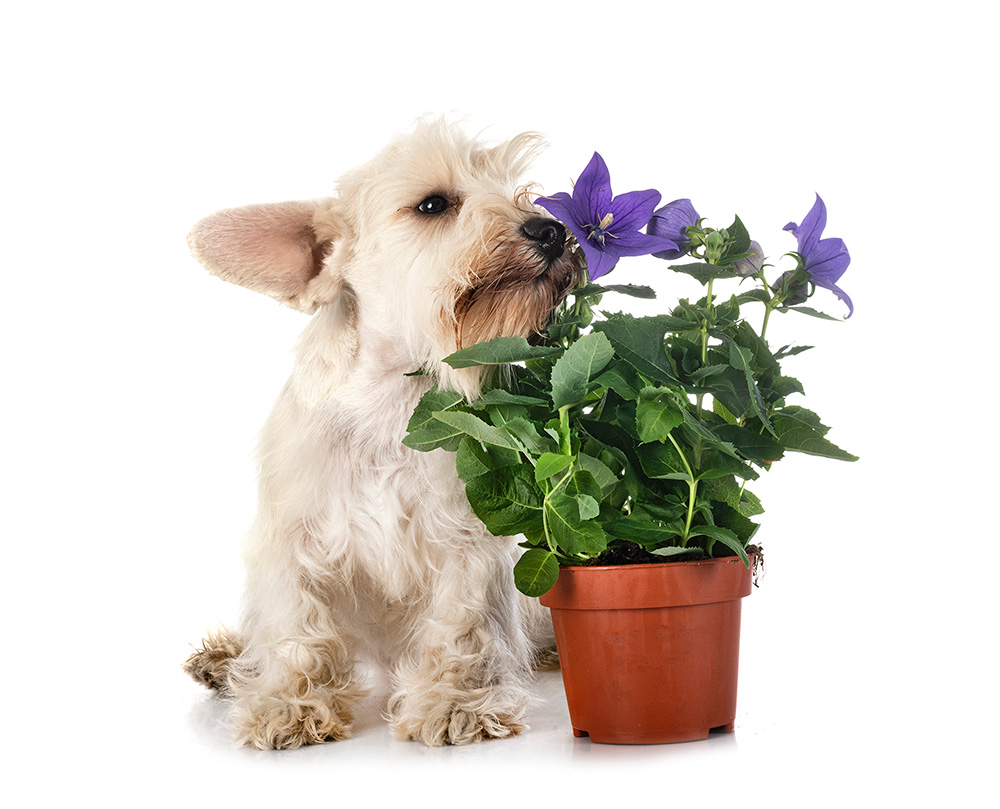
Many typical household and garden plants are toxic to cats and dogs if licked, ingested, or touched. Some of the most dangerous plants include:
Lillie –all parts are highly toxic to cats; even tiny amounts can cause kidney failure. The poisoning can be induced by contact with the vase’s pollen, leaves, or water.
Tulips: The bulb of the tulip contains toxins, which, if eaten, can cause symptoms in your pet, such as drooling, vomiting, diarrhea, and potentially changes to the heart rhythm.
Daffodils – the bulb and daffodils contain toxins.
Contact your Vet or the Animal poison line immediately if you think your pet has ingested a toxic plant.
RODENTICIDES / PESTICIDES
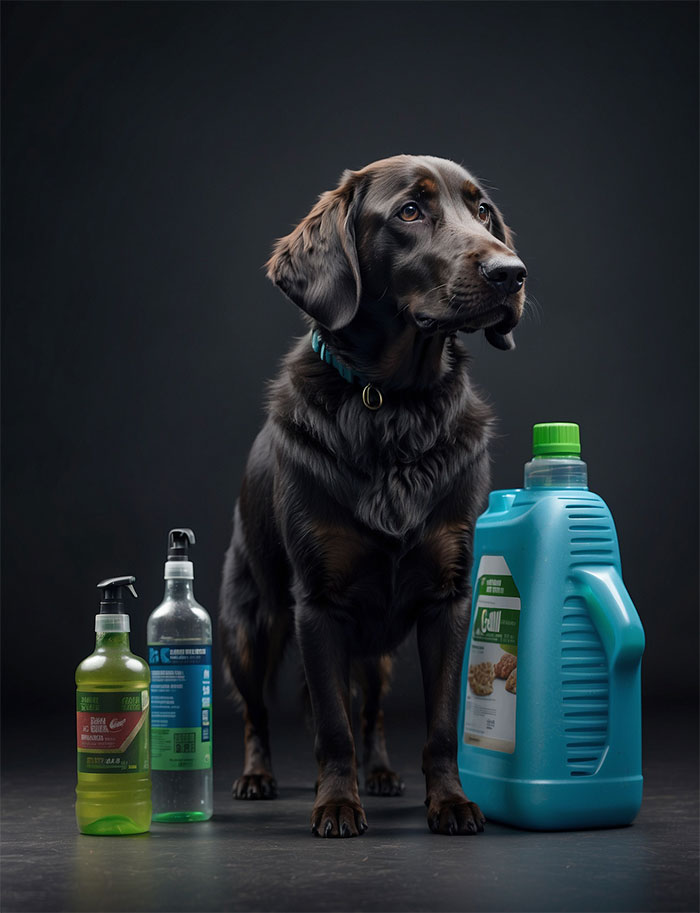
Rodenticides, pesticides such as slug/snail pellets, and poisons used to kill mice and rats are incredibly toxic. Most of these products contain anticoagulant compounds, which prevent blood clotting and can lead to uncontrollable bleeding. If you think your pet has eaten poisons used to kill mice or rats, you must take your pet to the Vet immediately, as the poison is fast-acting and, unfortunately, is not always curable. Antifreeze is also highly toxic to pets. As little as one teaspoon can be fatal to cats. Antifreeze has a delightful taste, which is very appealing to animals.
LAUNDRY DETERGENT

Due to their size and color, laundry detergent pods are very tempting to animals. Ensure that they are locked away safely, as they are dangerous for children and our furry friends. These can cause damage to the mouth/esophagus and stomach if ingested. In addition, laundry detergent pods can cause drooling, vomiting, diarrhea, and kidney issues.
PREVENTION
- Learn what foods and plants are toxic to your pets.
- Avoid having toxic plants indoors and outdoors when you have pets in your house.
- Keep detergents and rodenticides locked away.
- Supervise pets when they are outside to ensure that they are not exposed to any toxins.
- Keep chocolate/raisins, etc, out of reach and ensure that children do not feed them to your pets.
- Do not give any human medications to your pet without Veterinary approval.
CONCLUSION
Inquisitive by nature, our pets have a knack for exploring potential dangers. If you ever catch your furry friend in a risky situation, don’t hesitate – reach out to your Veterinary Surgeon or the Animal Poison Line promptly.
Vigilance and preventive steps are the keys to safeguarding your beloved companions and steering clear of pet emergencies. Stay informed, stay watchful, and let’s make our homes hazard-free havens for our four-legged family members.

